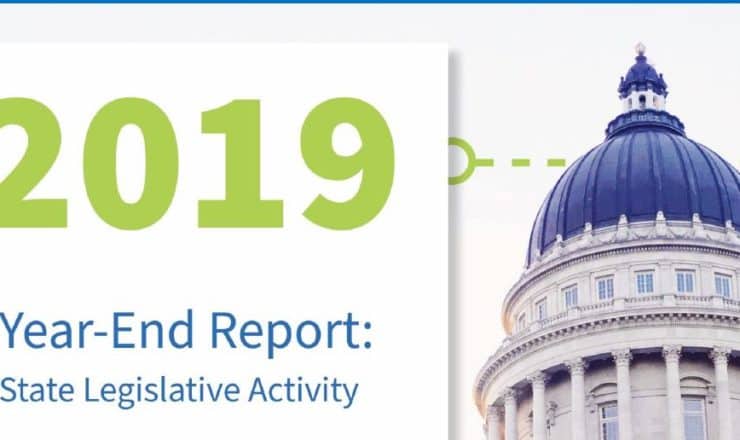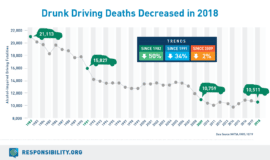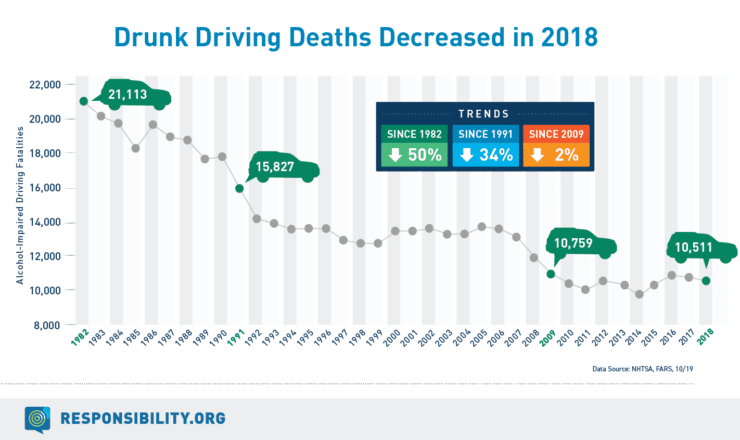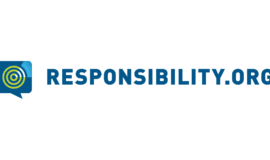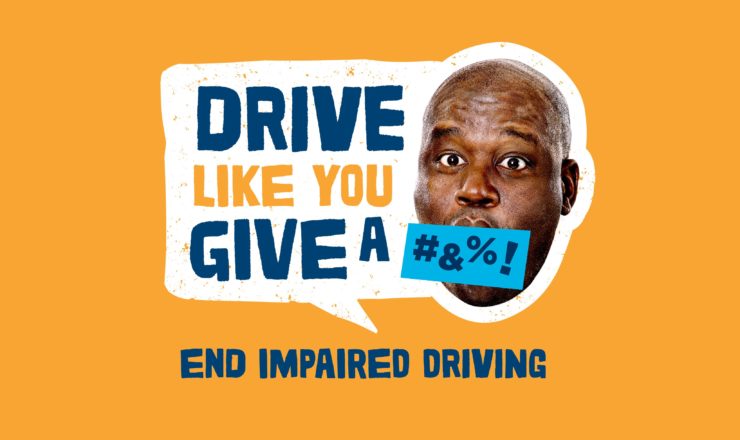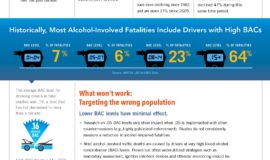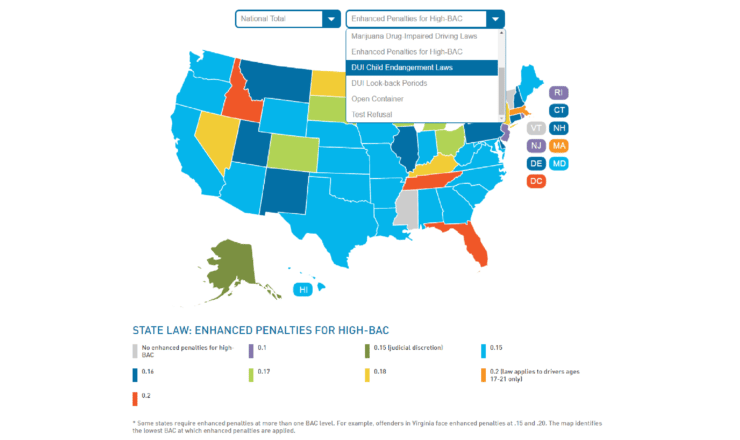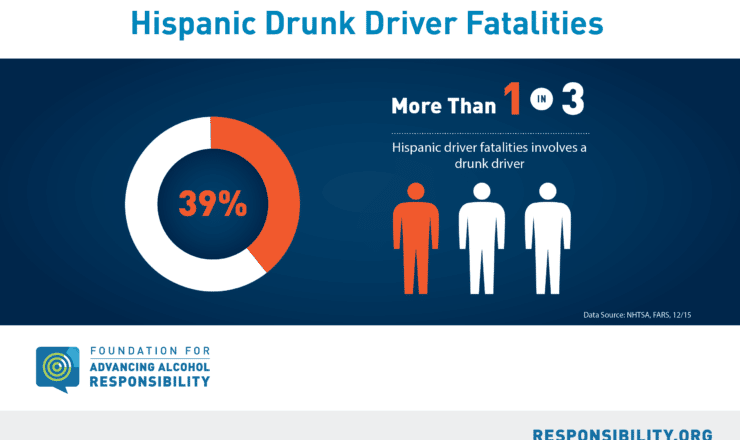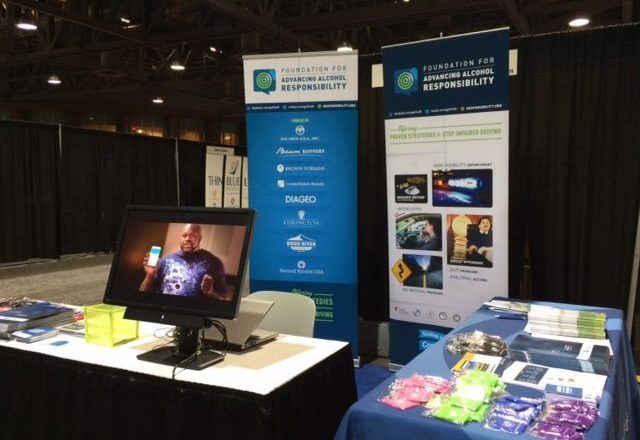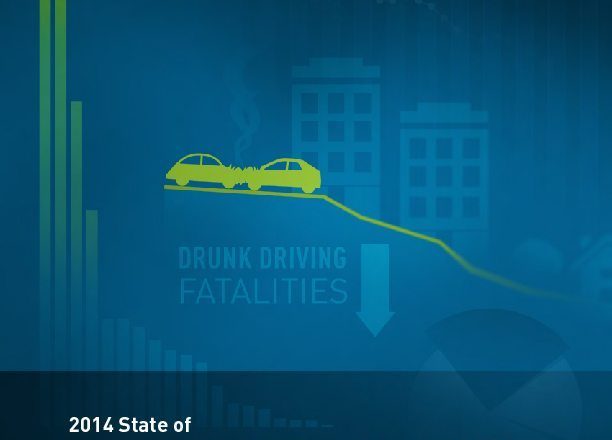Promising Criminal Justice Programs for DWI Offenders: Eaton County, Michigan DWI Court / Ignition Interlock Pilot Project
Research has shown that ignition interlock devices alone are not effective in reducing recidivism among high BAC and repeat DWI offenders after removal of the device. The Eaton County DWI Court / Ignition Interlock Program in Michigan seeks to combine DWI Courts and ignition interlocks in order to determine whether this increases the percentage of DWI offenders that comply with ignition interlock device requirements, discover whether ignition interlock devices can be used to effectively control the vehicles of DWI offenders, and develop a more effective means of alcohol testing in a zero tolerance probationary setting. The overall intent of the program is to allow offenders to plea to a lesser impaired driving charge and quickly enter an intensive supervision and treatment program to reduce jail time, reunite families, and allow the offender to return to work and normal life activities.
In 2009, the 56th District Court in Eaton County administered the DWI Court / Ignition Interlock Pilot Project to high BAC first-time DWI offenders for one year. During the pilot project, almost 90 percent of participants installed ignition interlock devices on their vehicles as ordered by the court. As a result of the project’s success, the Michigan Legislature passed a law in 2010 expanding the program to all 30 DWI courts in the state (Michigan Public Act 154 of 2010), which The Foundation for Advancing Alcohol Responsibility actively supported.
Since the program was expanded, the 2011 pilot project included all repeat DWI offenders. Based on the new law, repeat offenders are now eligible in Michigan to obtain a restricted driver’s license after serving at least a 45 day “hard” license suspension, assuming that they are making adequate progress in a DWI/Sobriety Court program and they have installed an ignition interlock on their vehicle(s). According to an evaluation released in early 2013 by the Michigan Association of Drug Court Professionals, there has been a 95.4% compliance rate among participants in the program, and alcohol and drug use is significantly lower among participants as compared to non-participants. Not only that, participants have the lowest rate of recidivism as compared to other criminal offenses.
For more details on this program, please visit our website: www.www.responsibility.org/drunk-driving/promising-programs.
With our Judicial Education Advisory Committee, The Foundation for Advancing Alcohol Responsibility has developed a compilation of promising programs across the nation for dealing with DWI offenders in the criminal justice community. It is our hope that by sharing these programs with stakeholders in the criminal justice field that new, innovative programs can be developed in every state to deal more comprehensively with DWI offenders.
Please contact Jaime S. Alvis, Director of Government Relations & Traffic Safety at The Foundation for Advancing Alcohol Responsibility, if you know of any other promising programs that should be included in this compilation.



